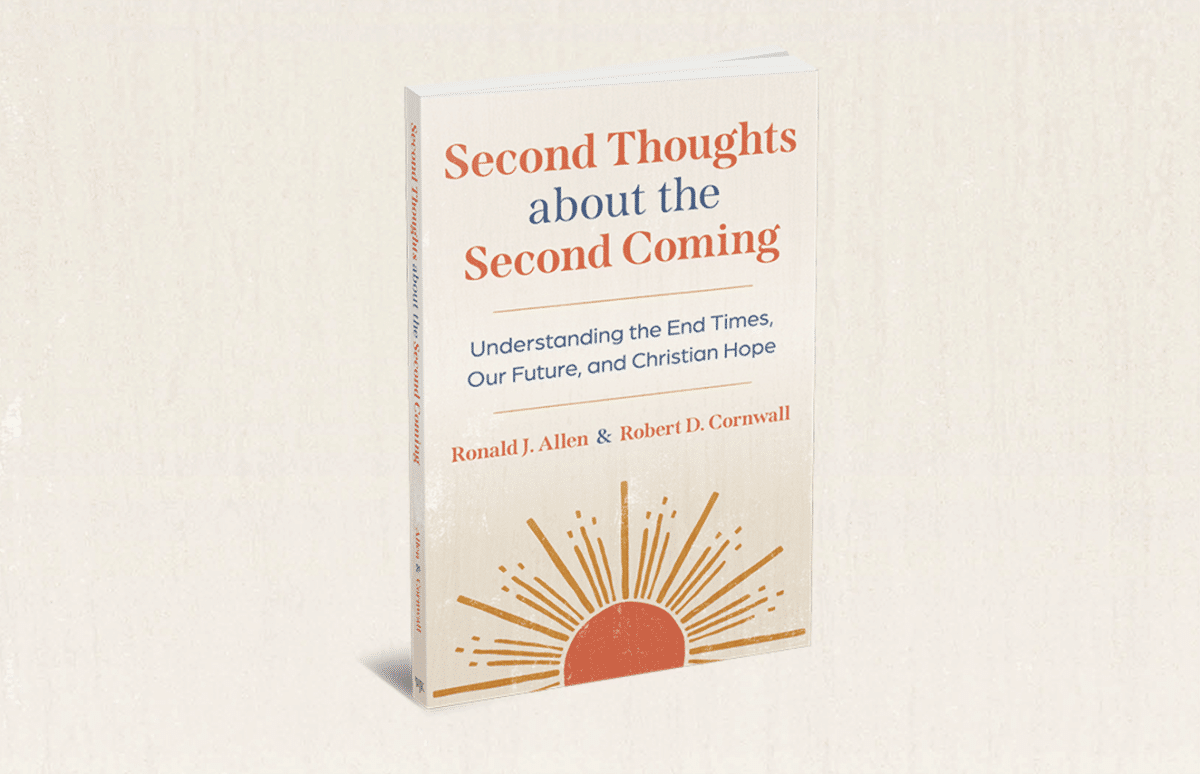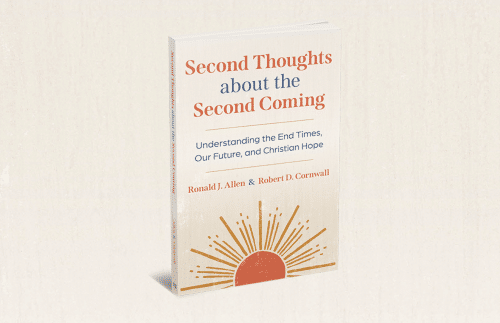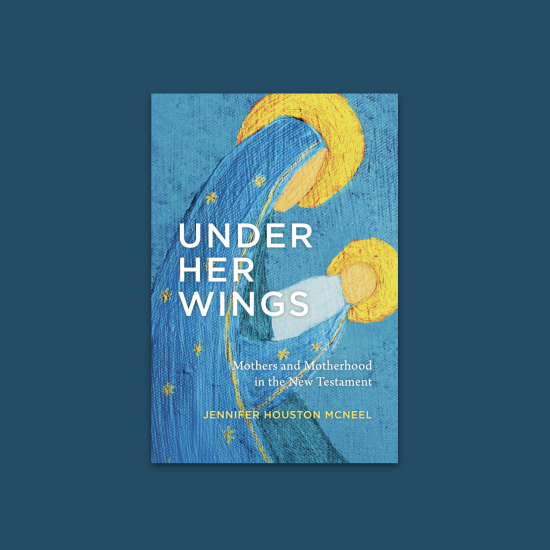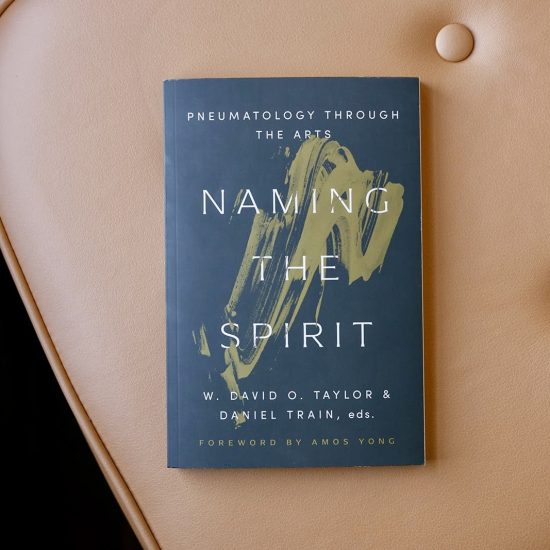

SECOND THOUGHTS ABOUT THE SECOND COMING: Understanding the End Times, Our Future, and Christian Hope. By Ronald J. Allen and Robert D. Cornwall. Louisville, KY: Westminster John Knox Press, 2023. ix + 147 pages.
When exactly is Jesus coming back? This question rarely gets discussed in sermons or bible studies within mainline Protestant churches — so Ronald J. Allen and Robert D. Cornwall decided to write a book about it. While explorations of the end times are typically the purview of fundamentalists (or popular culture), this book makes a strong case that everyday Christians should engage with the topic because of its influence over our conceptions of the afterlife as well as how we formulate hope for the future.

Jeremy Fuzy
Both ministers within the Christian Church (Disciples of Christ), Allen and Cornwall each bring something unique to the table. Allen is professor emeritus of preaching and Gospels and Letters at Christian Theological Seminary while Cornwall is a minister-at-large with a Ph.D. in historical theology who contributes weekly book reviews here at Word&Way. The combination of academic rigor and congregational ministry experience shines throughout the book as the authors wade into complicated theological territory without overwhelming the reader with technical jargon or indulgent digressions.
So how does one engage in responsible eschatology and think about the ultimate purpose of humanity? Anyone who has encountered the Left Behind franchise knows how not to do it. But its popularity demonstrates just how interested people are in this question. And unease about the future has only grown as climate change accelerates and the COVID-19 pandemic continues to reshape our everyday lives. The authors choose to approach this by concisely outlining the strengths and weaknesses of various biblical and historical perspectives on the second coming of Jesus so that the decision over what to believe remains squarely with the reader.
This does not mean the authors succumb to moral relativism, however, as they remain clear-eyed about how “certain perspectives have contributed to conspiracy theories, degradation of the environment, neglect of social justice, and embracing authoritarian modes of government.” It is precisely through exploring these various perspectives on the second coming that we are able to “discern the interpretations that are most plausible so that we can avoid embracing perspectives that demean and destroy.”
Allen and Cornwall provide us with three important things to keep in mind when considering the second coming. First, the world and language of the Bible are quite different from what we experience today. Therefore, putting in the work to understand context is key. Second, it is unhelpful to frame specific viewpoints as the biblical perspective — there is no singular way to present often contradictory voices. And finally, the Christian tradition offers diverse perspectives on what the future holds. Theological frameworks are always in conversation with the contemporary world and do not develop in a vacuum.
The authors have organized the book chronologically, beginning with Jewish and early Christian themes surrounding the second coming and working their way through history until reaching the present day. This means that readers are in for quite the historical journey from Origen and Byzantine Christianity all the way to premillennial dispensationalism. Allen and Cornwall then consider contemporary perspectives such as realized eschatology, theology of hope, liberation theology, open and relational theologies, and contemporary Orthodox theology. This is all skillfully distilled within the final section of the book where all these various beliefs about the life to come are brought together in one place so readers can compare and contrast them.
This book accomplishes exactly what it sets out to do and even manages to relieve some of the anxiety-producing fear of the unknown through exploring how previous generations of Christians have handled the notion of a second coming. The interpretive acumen of Allen and Cornwall also proves valuable beyond the topic at hand when they write things such as “We believe that the biblical declaration that God is love should guide our work of discernment. If our belief systems don’t lead toward justice and mercy, then are they expressions of Christian eschatology?” You could replace the word “eschatology” with a number of other important theological issues and it still rings true.
The authors of Second Thoughts About the Second Coming manage to take one of the messiest areas of Christian thought and make it accessible to anyone who is interested in the apocalypse and everything this topic influences. Plenty of resources, such as a handy study guide, accompany the book making it perfect for personal reading, congregational study, and/or sermon preparation.
No one, not even Allen and Cornwall, knows what the future will hold — but everyone who reads this book will certainly be better equipped to think about it. And just maybe we can even work toward shaping the way it unfolds for the better.
Jeremy Fuzy is the digital editor at Word&Way.





